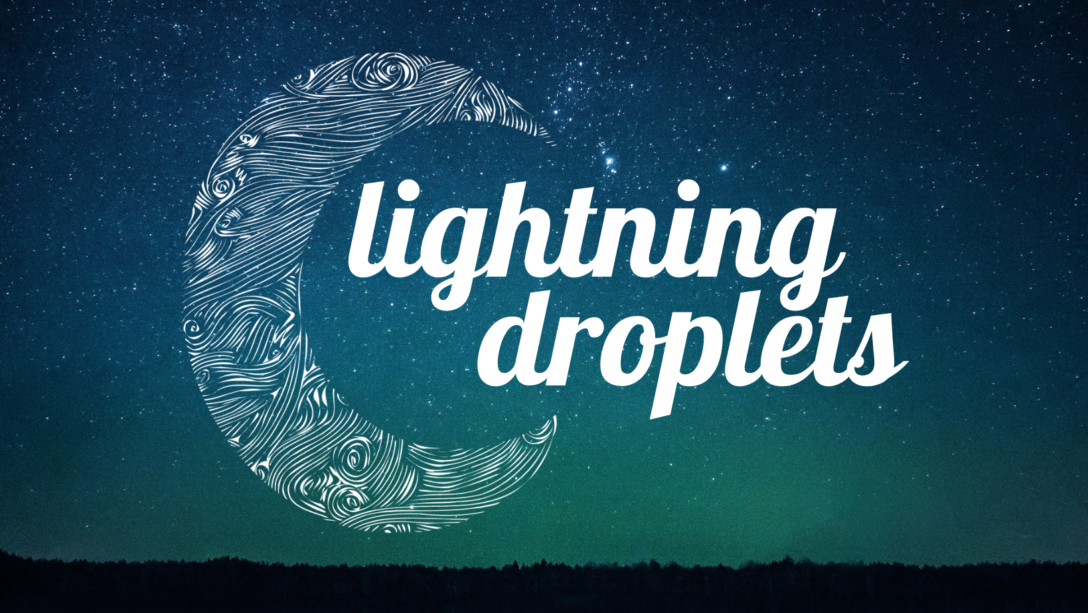Les Guérillères by Monique Wittig is an otherworldly story of an apocalyptic war between men and women. Wittig writes in French, from a feminist perspective. In an attempt to subvert traditional ‘patriarchal’ forms of literature, Wittig uses a variety of interesting techniques to tell a different kind of story.
Structurally, it is difficult to call this work of fiction a novel in the traditional sense. There is no one character that the book follows. It could be argued that the book tells the story of “they” (humankind? womankind?) but there is not one personal main character. Occasionally, specific people are mentioned, but each is only mentioned for a few sentences before the writing reverts back to the more generalized story. Additionally, the book does not set up a linear narrative. Instead, Wittig writes Les Guérillères in a series of vignettes. These vignettes serve to give glimpses into the everyday life and the war of this possibly futuristic society. Some of the vignettes tell stories of specific people living in the society, some of them tell of the goddesses that the society worship, some tell of the collective history (which seems to point to a time much like present day) and some tell of specific points in the war between the sexes. It is not abundantly clear that the vignettes are even in a relatively chronological order, which raises some interesting questions. For example, is the seemingly utopian (all-female?) society at the beginning of the book the result of the war, or is it what creates the battle?
In terms of format, Wittig makes sure that this book looks different than other books from the get-go. The first thing the reader is confronted with in this book is a poem in all capital letters. As the book progresses, the vignettes are dispersed between lists of names which are also in all capital letters. The effect of these lists is like that of a war memorial, name after name of those lost in the fight. Less frequently, but perhaps more strikingly, the vignettes hold giant circles between them, whole pages on which the only thing that is written is a circle. There are quite a few vignettes that tell the significance of the circle, which is the symbol of the vulva. This importance of the symbolism of the female anatomy then comes up again and again in retellings of our society’s stories which are reworked to make the circle symbolism paramount.
The strength of this book, for me, is in this formatting. The ways in which Wittig subverts the reader’s expectations asks important questions. We know what the language and the literature of tradition looks like. But what does the language and the literature of the oppressed look like? Are there heroes or heroines? Does it undermine the traditional chronological order? Are symbols important enough to include? How do you tell the story of a group of people? Are there stories that are better told in non-traditional formats? What happens when these formats become traditional?
I can’t help but feel that something is lost in the translation of this book. There seems to be something very important happening in the pronouns being used and those pronouns leave the reader with a plethora of questions. Who are “they?” Who is included in this “they” and who is not? Are we as readers supposed to identify with what “they” say? Are we supposed to be critical of what “they” say? The answers to these questions make for very different readings of the book. If “they” are an inclusive group which tells the truth and speaks for all people, then we might take what they say at face value. However, if we question what “they” say (as we might when we say “some people say…”) then the society in this book might be read as a feminist dystopia, a matriarchal society that is ridden with the same problems as present society only with the roles reversed.
I think where this book falls short is in the heavy-handedness of the story itself. Perhaps I am idealistic, but I like to believe that it will not take an apocalyptic war to create an equal and free society. The combination of this war of mythic proportions and the unusual format come together in a way that feels pedantic. Though the book makes the reader think and ask questions, it also feels like it is leading the reader to specific thoughts and questions instead of allowing the reader to come to her own conclusions. Les Guerilleres feels like a hybrid between theory and literature, a theoretical discussion made material on the page.
*This post is part of a series on the craft of writing called Reading for Writers. This series examines a variety of authors to ascertain the choices they’ve made in their writing and the effects of those choices so that we as writers can make better decisions in our own writing. May contain affiliate links.




It sounds like a very… interesting book. Was it hard to get through?
Not hard at all. It went really fast, actually.